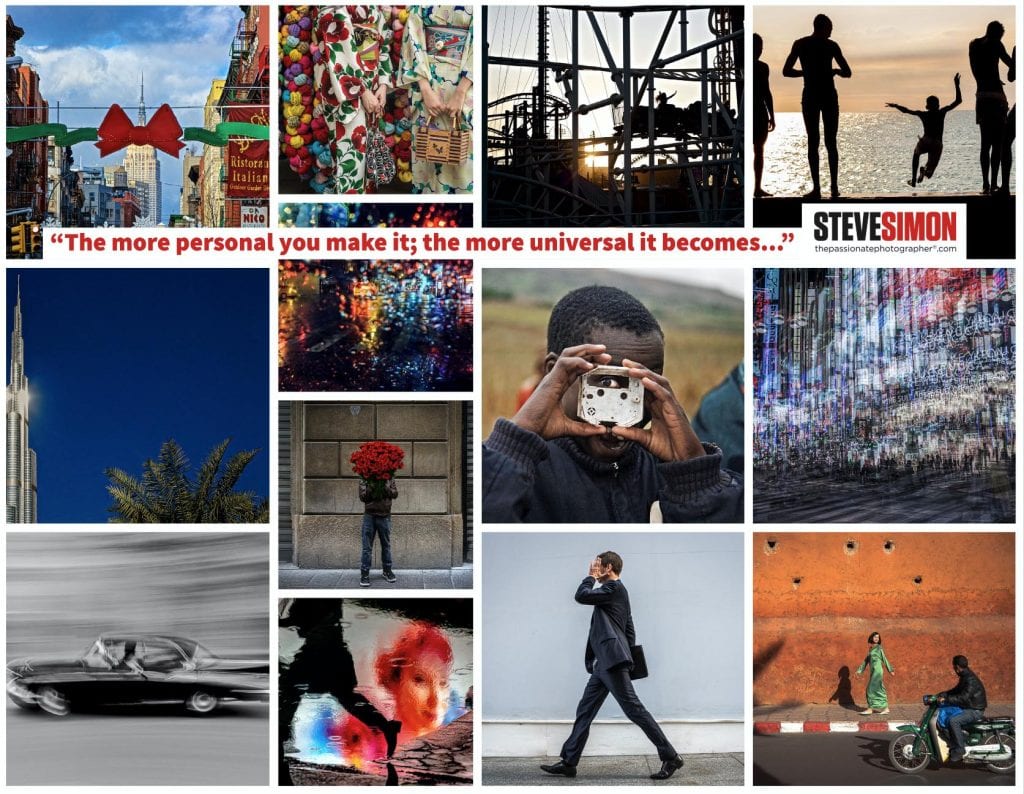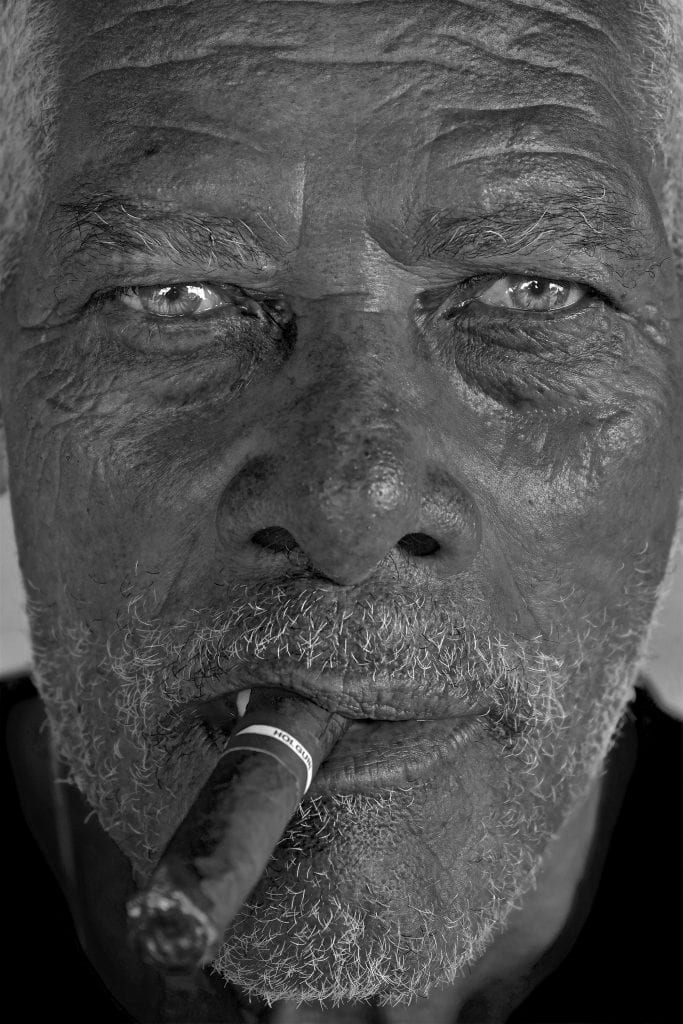
Your personal style, your unique way of seeing things cannot be forced but will instead reveal itself after thousands of frames have been taken.
Personal style means defining your own way of shooting. It’s a combination of what you focus your camera on, your history and the intellectual baggage you carry and the techniques you use—from the tools you choose to how you use them.
The work reflects your unique perspective, often referred to as style. The mystery of and obsession for harnessing your personal photographic style is not so mysterious, as longtime wildlife and bird photographer Scott Bourne explains:
“What is a photographic style? For me, it’s simply a consistent way of seeing that ties directly to who I am, what I like, and what I want to express about myself and my feelings. It is not simply shooting the same subject over and over. It’s how you shoot that subject that defines your style. Your style should fit your personality. I have a big personality. Consequently, I tend to go for the big, bold photos with lots of pop and enthusiasm.” Scott Bourne
We all borrow from the photographers we admire, but after a volume of work, we leave their path and carve out a new one of our own. When you see a group of photographers all shooting from the same vantage point, shoot quick and then run the other way and find your own camera position.
In previous posts I asked you what you must photograph, and you’ve hopefully found a project or a theme you can work on, which will go a long way to developing and showcasing a style all your own.
Let others talk about your style; you just keep shooting. Gregory Heisler is one of the most articulate photographers I have ever met, not to mention a master of portraits and lighting.
“I can have aspirations or ambitions or ideas or goals for my work, but in a sense, the only purpose those goals serve is to get me to take the pictures and only through the taking of the pictures will I find out who I am or what my pictures look like. In the end, oftentimes the pictures that I think I’m going to take aren’t the pictures I take and the direction I’m headed isn’t the direction I think I’m headed.”
Gregory Heisler













.
Gregory Heisler?
Yes, a perfectionist.
One of his subjects said of him – ‘when he shoots a subject you don’t use a clock to measure time, you use a calendar.’ (paraphrased)
If you contrast the large format mindset to the street / documentary photographer mindset, you will find them on opposite extremes. The 2 generally don’t mix, so don’t be jealous of studio photogs if you aspire to be a street photog. Now maybe Heisler is a great street shooter as well, dunno.
If you ever get a chance to see some of Ansel Adams ‘street photography’ you will see what I am talking about here…nothing special. Many LF devotees can only produce masterpieces if it is under their anal, methodical control. This just underscores the fact that because one is a master in one genre, it does not guarantee mastery in another area.
I’d advise not to waste your photographic career doing something that you’re not good at. Find out that your great at…and do it!
Winogrand used to hate being labeled a street photog. Well too GD bad, that was what he was. He was no great studio photog, nor was he even a great street photog. His claim to greatness was producing zillions of crappy photo’s.
Sure, he had the handful of greats that always get trotted out when his name is mentioned. But look at the rest of the estimated million photos he took…garbage!
I’m proud to be labeled a social documentary / street photog. I don’t have any pretentious hang-ups like Winogrand to confuse me. Having a label reminds me what my specialty is. Now, even though I hate it, I do shoot product shots every once in a while for my archival work, but I don’t want to be thought of as a studio photog, as it is not what I’m good at.
I got your bus photo of the mom and kid in your email. You talk about fear and different hang-ups that can hurt your ability to get the shot.
Overthinking does not go with candid street work. Sometimes a blink of the eye is too long to wait to press the button. In todays ‘cancel culture’ lots of overthinking going on to make sure no one gets offended. I’m kinda lucky in that respect. I am a underground photog. Nowhere to go but up for me, I’m already cancelled, so not much worry about any of that.
In this day and age, things are especially bad if you are a male photog and shoot stranger kids on the street. You know the deal, you get accused of being a sexual predator.
So you don’t want to cut your street photog teeth on shooting kids. This is where women have the edge over men. They don’t get hassled much when they shoot kid.
When you do candid street work, societal conventions can’t always be adhered to…if you want to get the shot. It just goes with the territory. I am also very shy. I don’t like talking to people, but I like to shoot people.
In my early days I wanted to be a fashion / studio photog. After years of not producing anything worthwhile, it sunk it…I have no talent for that type of work. Once I found out what I was good at I had no regrets and never looked back.
Each person has to determine how much of their life to invest before deciding to call it quits and switch gears as I did from studio to street. I failed at infrared flash street photography for many years, then something clicked and boom! If I had given up at infrared flash in year 2 or 3 I would have never made anything of it. But hanging on till year 4 paid off for me.